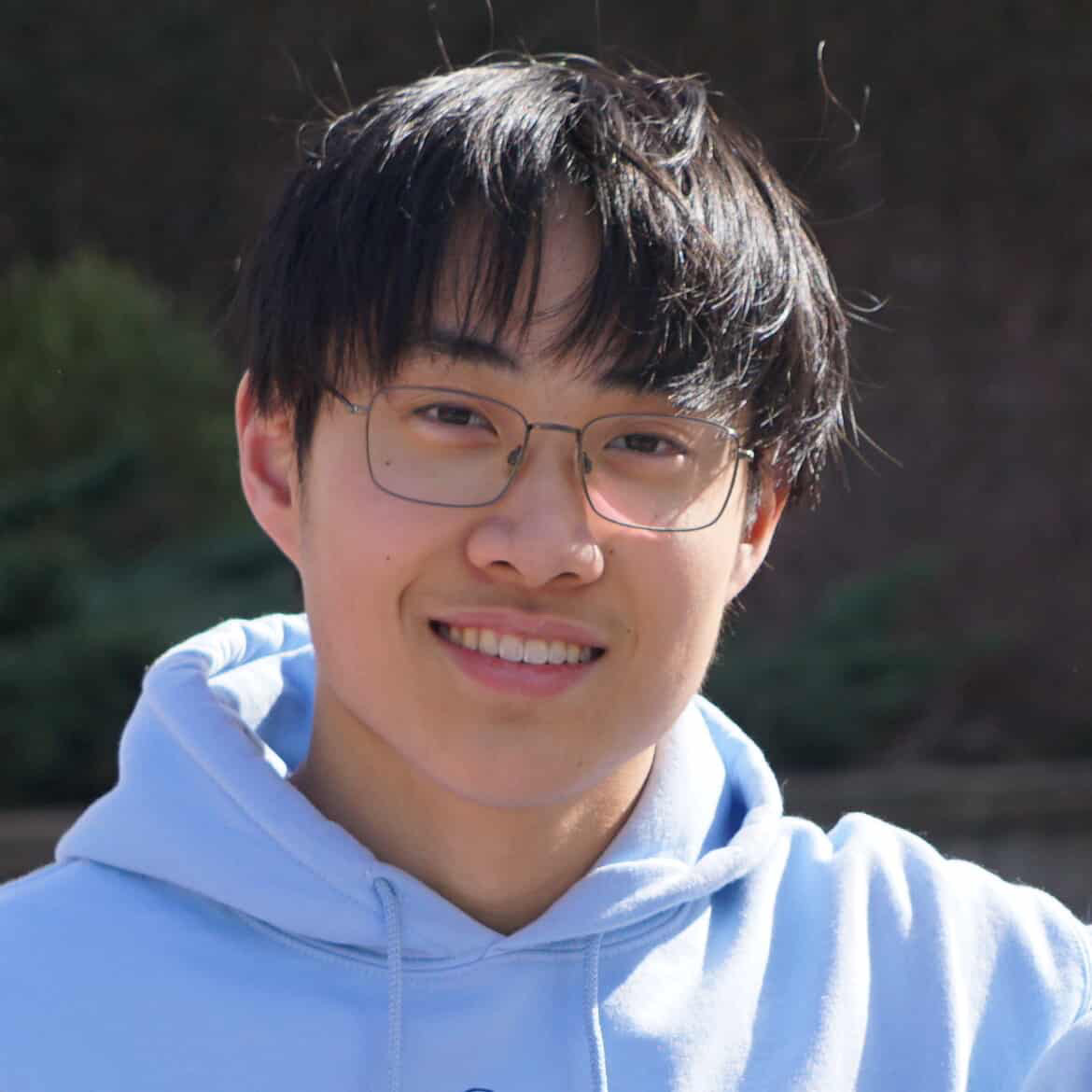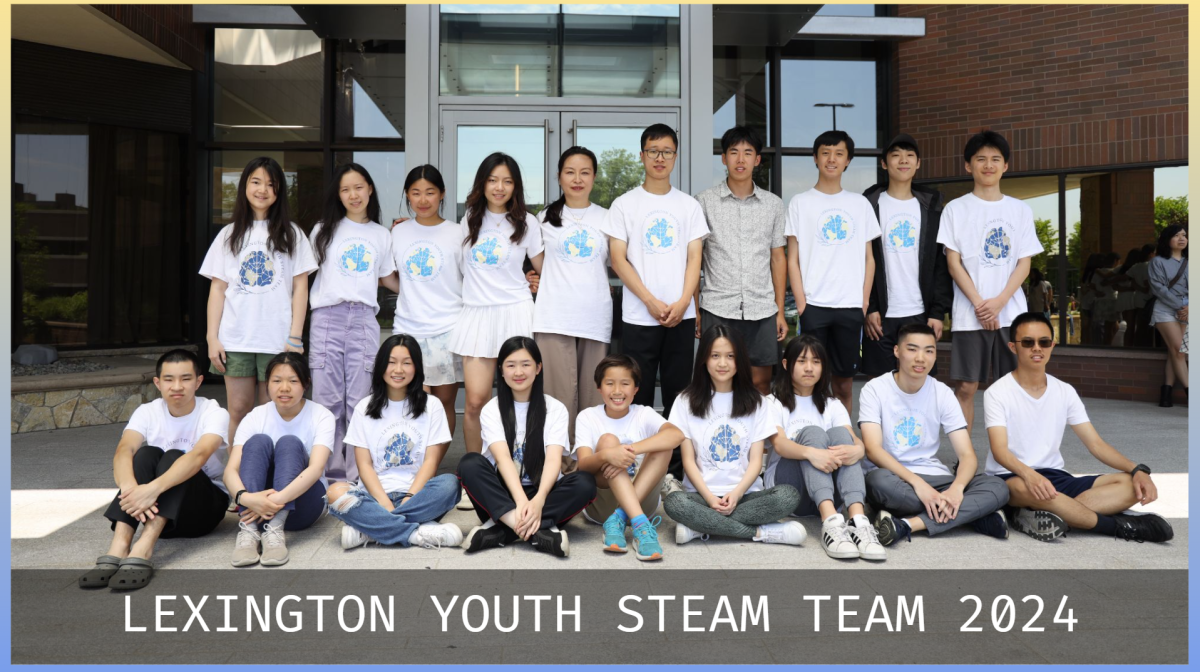From Nov. 11-18, a group of students at Lexington High School ran Lexhack 2023, an online coding competition for middle to high schoolers.
A total of 78 people and 17 teams registered for the event, which featured workshops, mentorship opportunities, and other resources for participants. This year’s Lexhack had an emphasis on automation to reflect the growing influence of Artificial Intelligence (AI) on people’s lives. Since it was completely online, Lexhack has received submissions from all over the world, which compete for prize money totaling $12,675.
“Compared to last year especially, when we had more people yet less interaction, it was genuinely just a great experience to be a part of,” Pranav Chivukula, a senior at LHS, said.
One of the most notable differences from last year was the shift towards current trends in today’s society. For example, last year’s theme involved the popular social media platform TikTok, whereas this year, they decided to focus on AI following the introduction of ChatGPT late last year. This inspired the LexHack team to choose “Adaptable Automation” for this year’s theme, encouraging students to solve problems within their community through automated software and technology.
The issue that participants tried to solve was unique from group to group, especially since a large number of their registrants submitted their projects from international locations. For example, a competitor from Bookertown, Florida centered their project around how they could help their community predict hurricanes, so they tried to make hurricane watches more accessible to people in their community. This accessibility component was a significant factor in the Lexhack team’s decision to maintain the online format, which had been established during the pandemic.
“[…]Last year, we even had participants internationally as well. The accessibility part was more important to us than the in-person event,” Jack Fan, a senior at LHS, said.
The varied projects showcased during Lexhack not only addressed issues within respective communities, but also allowed participants to connect as they use the same tools and similar methods to solve problems that others may have never encountered.


